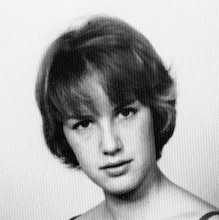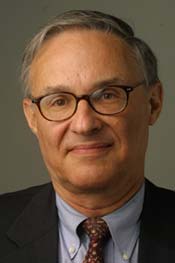A Quote by Michel Houellebecq
It's a curious idea to reproduce when you don't even like life.
Related Quotes
[Photographer Julian Wasser] had this great idea that I should play chess naked with Marcel Duchamp and it seem to be such a great idea that it was just like the best idea I'd ever heard in my life. It was like a great idea. I mean, it was - Not only was it vengeance, it was art, and it was, like, a great idea. And even if it didn't get any vengeance, it would still turn out okay with me because, you know, I would be sort of immortalized.
I love the idea of the big life - the life that matters, the life that makes a difference. The life where stuff happens, where people take action. The opposite of the life where the girl can't even speak to the boy she likes; the opposite of the life where the friends aren't even good friends, and lots of days are wasted away feeling bored and kind of okay, like nothing matters much.
It's a little bit like talking about the life of writing. The life of writing may be about many things, but it always begins with the writer. With the kernel of an idea, or a character, or an idea or a theme, or even an outcome. But for documentary photographers, photographs begin at that intersection of the real world and the imaginative inner world.
...if photos can reproduce the world more perfectly than any painter, can capture an instant, a look, a gesture, then what makes a painting good anymore? Painting subverts this subversion of its traditional nature by redefining itself - art is idea, not simply skillful execution. So, a work can be crudely made, or even machine made - but it has to be practically and functionally useless.



































